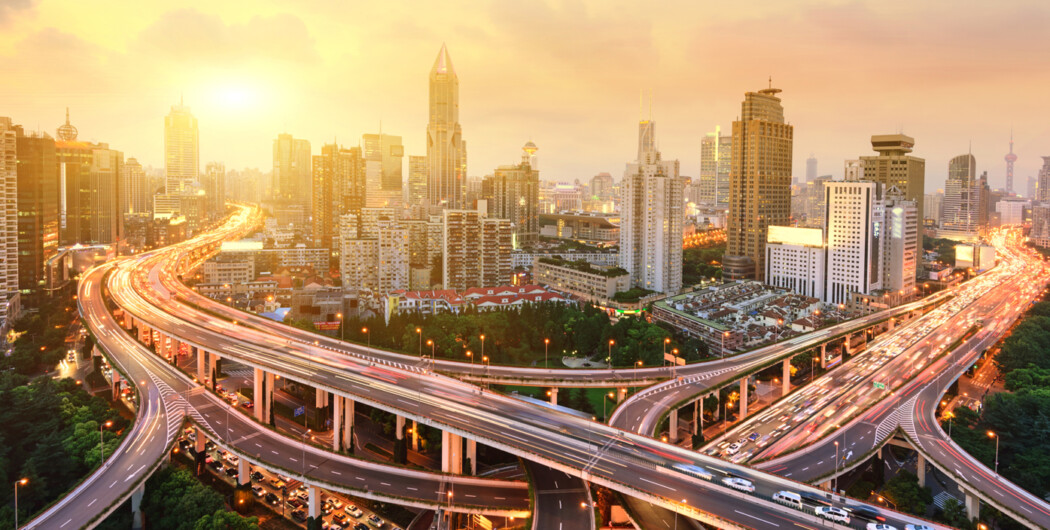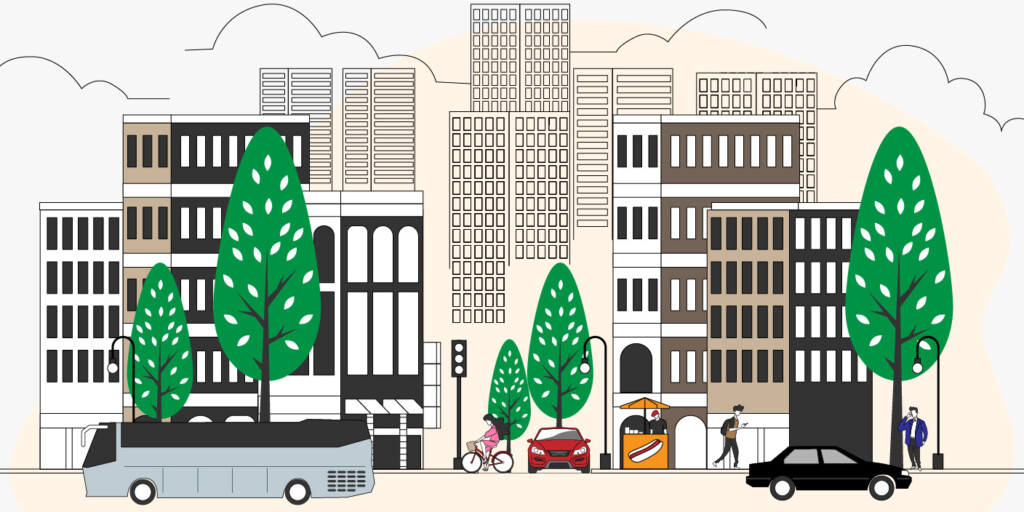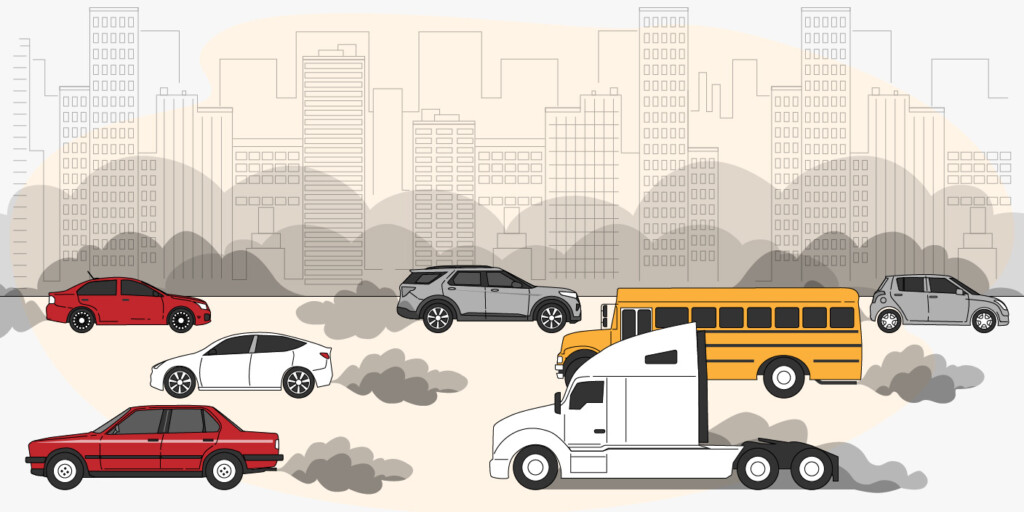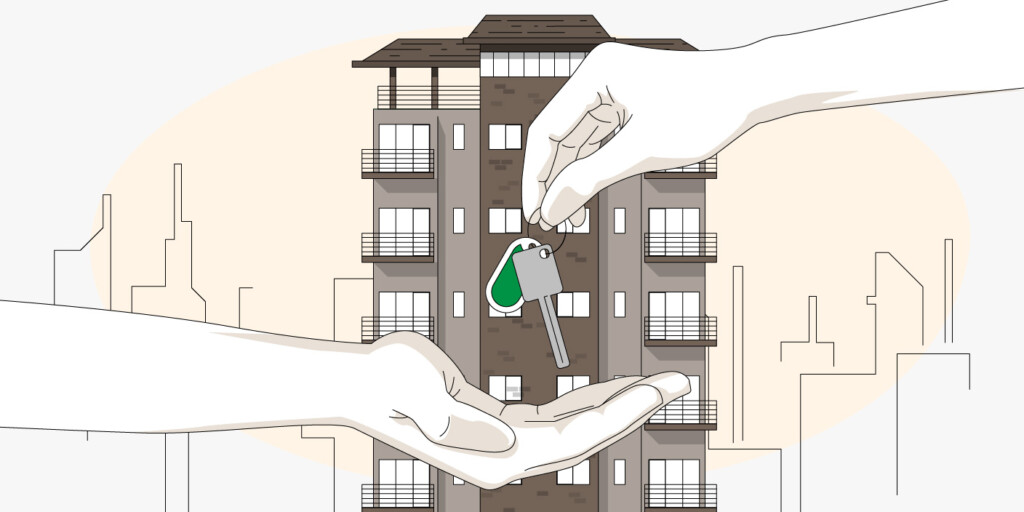

As cities continue to grow and urbanization becomes more widespread, people are becoming increasingly aware of the advantages and disadvantages of city living.
An interesting example is the renowned author and poet Maya Angelou who decided to settle in the small town of Winston-Salem in North Carolina in the 1980s after a lifetime of travel and work in cities around the world. Similarly, acclaimed musician and producer Brian Eno left London to live in a remote part of rural Suffolk in the 1990s.
There is value in considering alternative living environments, and these considerations should start with the pros & cons of city living.
Pros of modern city living

Numerous people prefer to live in cities due to the numerous benefits they offer:
Higher standard of living
Cities offer a higher standard of living compared to rural areas, with access to better schools, housing, and amenities. Cities are often centers of commerce, education, and culture, and as such, they can provide residents with greater opportunities for personal and professional growth.
Employment opportunities
Cities are home to many large corporations and businesses, as well as a higher concentration of smaller businesses and startups. This creates a larger and more diverse job market, with a wider range of job opportunities available to residents.
Cultural and recreational activities
Cities often feature a wide range of cultural institutions, such as museums, galleries, theaters, and concert halls, as well as recreational facilities, such as parks, sports venues, and entertainment centers. This also leads to a greater number of people from different backgrounds.
Convenient transportation
The larger and denser population in cities creates a greater demand for convenient and efficient transportation. In turn, this attracts multiple modes of transportation, including public transportation, such as buses, subways, and trains, as well as taxis, ride-sharing services, and bike-sharing programs.
High-quality healthcare
Cities provide residents with access to a higher quality and more comprehensive range of healthcare services, including preventative care, diagnosis, treatment, and rehabilitation. In addition, cities are often at the forefront of medical research and innovation in leading hospitals and medical institutions.
Cons of modern city living

It’s important to note that city living also comes with its own set of challenges:
High cost of living
People living in the city have to deal with higher costs in many categories:
- Housing: due to higher demand and limited space
- Transportation: due to higher congestion, more intricate infrastructure, and higher labor costs
- Goods and services: food, entertainment, shopping, and personal services
- Taxes: sales, property, and income
Crowded conditions
Cities are limited by their geographical boundaries, which limits their ability to expand. This leads to higher population densities and more crowded conditions as people are drawn to cities for work, education, and other opportunities.
Noise and air pollution
Cities have higher traffic volumes due to the concentration of people, vehicles, and industry. Also, the design of buildings in cities can contribute to noise and air pollution. For example, buildings can trap pollutants and reduce air circulation.
Lack of green spaces
City land use policies may not encourage the preservation of green spaces or may prioritize other uses for land, such as commercial development or housing. Plus, there is a limited amount of land available for parks, gardens, and other green spaces.
Higher crime rates
Cities often have higher levels of economic inequality, which can lead to higher levels of crime, particularly property crime and theft. Another factor is that city police departments are often stretched thin and unable to respond to crime quickly.

Is living in the city right for you?

Some people are choosing to live in suburbs or rural areas to escape the challenges of city living, while others are opting to stay in cities and find ways to address the challenges they face.
If you’re weighing your options, start by considering factors such as your career aspirations, your social life, your personal preferences, and your budget. Consider what is important to you, what you value most in a living environment, and whether the city can offer those things.
Sources:
10 reasons why cities are way better than the suburbs, Thrillist
Are cities bad for you? APS – Australian Psychological Society








